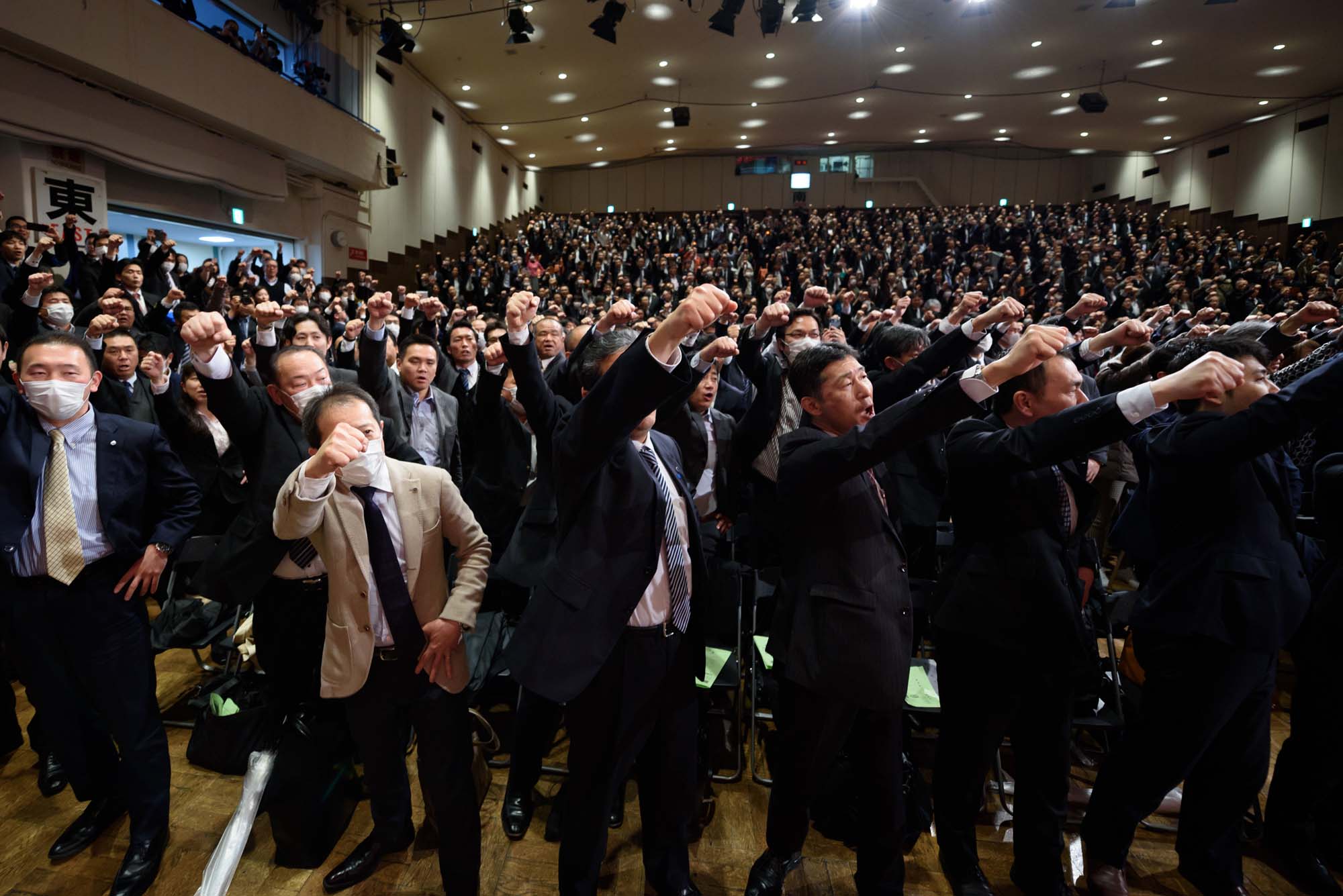After working for a company for a certain amount of time, an employee will naturally start to wonder when they might receive a salary increase. When working for a Japanese company in Japan, the answer is not necessarily a straightforward one.
The first thing to consider is the type of employment arrangement that you have. If you are a seishain (permanent employee), your compensation will be governed by the structure that applies to all other seishain employees. You will be slotted into a specific level in the pay structure based on your seniority, and any salary increases or bonuses will be based on what is negotiated by the company union, and they are not likely to be large. (In recent years, some Japanese companies have added performance-based compensation elements into the mix, but it's typically not a large percentage of total compensation.)
On the other hand, if you are on an annual contract, there may or may not be some leeway to negotiate a pay increase when your contract is ready to be renewed for the upcoming year. Whether this is possible will depend a lot on your company's policies, how much budget there is, and the extent to which you have made yourself valuable to the firm's operations.



